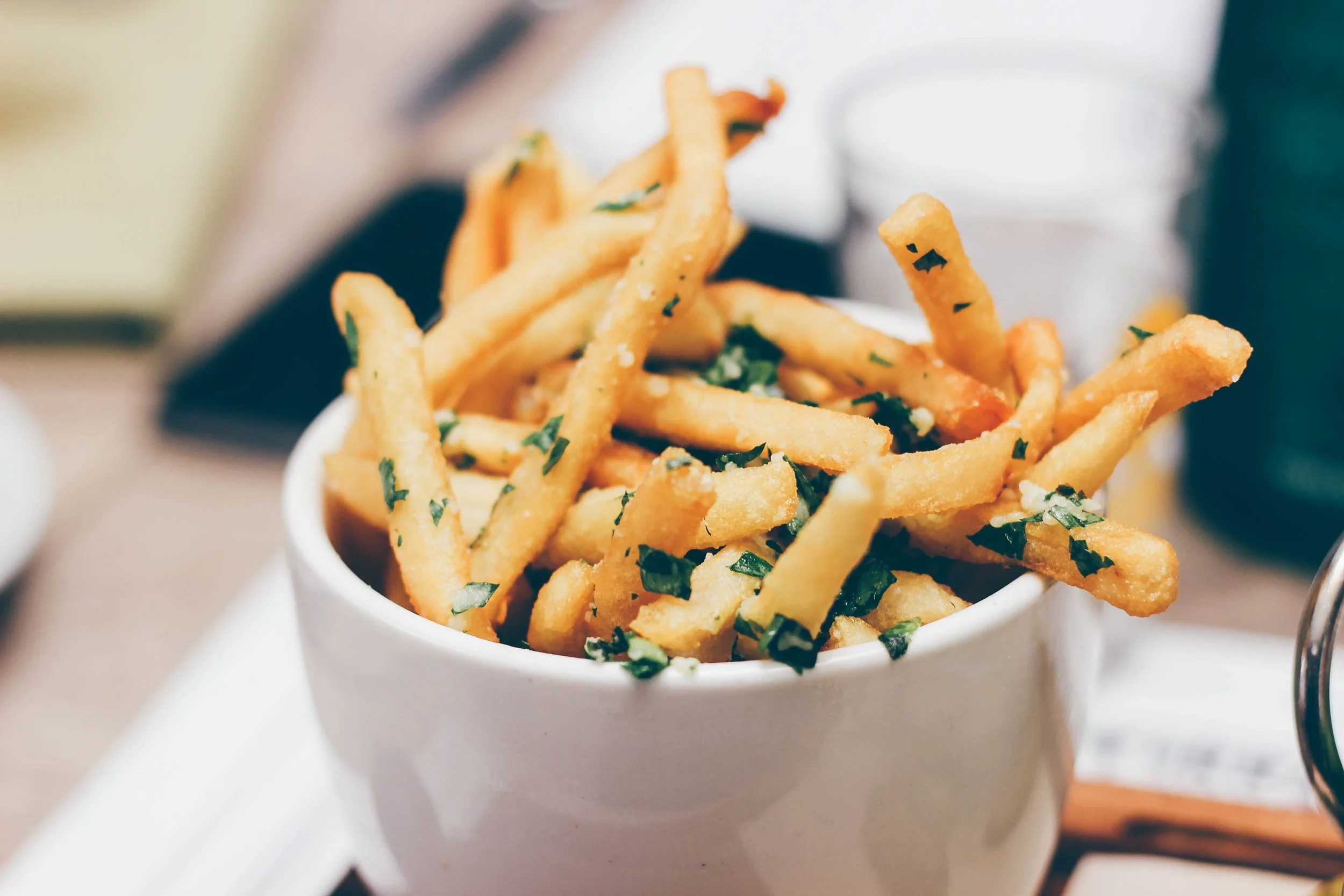The low-down on low-carb diets
the low-down on low-carb diets
Low-carb diets are among the most popular diet choices for people trying to lose weight but research suggests this weight loss may come at the expense of general health, especially if followed for a long period of time.
New research suggests a diet very low in carbohydrates may raise your risk of premature death over time; low levels of carbohydrates refer to less than 26 percent of daily calorie intake from carbohydrates, with risks even more pronounced when that level dips below 10 percent. The research found people who consumed the lowest amount of carbohydrates had a 32 percent higher risk of total mortality, a 50 percent higher risk of dying from vascular diseases and a 36 percent higher risk of dying from cancer. While it’s not clear why low-carb diets are linked to these health risks, it’s clear there are always consequences when cutting out an entire food group.
You would think reducing your carbohydrate intake would be beneficial to your health, particularly with the focus on the risks sugar presents. Sugar is a universal inflammatory, meaning no-one is immune from its effects. Diets encouraging a higher protein intake and attention to healthy fats like avocados sound like the ideal alternative to the evils of sugar.
Photo by Stephanie McCabe on Unsplash
If the carbohydrates you’re avoiding are simple sugars and highly refined carbs like white bread, then absolutely. But when you cut all carbs, you’re likely replacing healthy, fibre-rich wholegrains and fruit (full of sugar, yes, but also vitamins, minerals, and phytonutrients which help your body metabolise the sugar) with more meat. Even a low-carb plant-based diet isn’t the way forward; this isn’t a natural eating pattern. Your brain is specifically designed to burn glucose almost exclusively—when glucose is in short supply the brain is one of the first organs to recognise a problem as your blood sugar drops. Lightheadedness is the earliest warning sign of a starving brain. The ketogenic diet argument centres solely around the fact the brain can use an alternate fuel source: ketone bodies. A high intake of protein and fat provide the building blocks for ketone bodies and your brain is capable of functioning solely on ketones for long periods of time. The problem? There aren’t any studies on the long-term effects of keto-adaptation yet; we don’t know whether a keto brain is beneficial or detrimental in the long-term. The evidence we have right now says carbohydrates from whole foods such as fruits, vegetables, legumes and wholegrains provide a high-quality fuel for optimal brain function.
When we refrain from carbs, we need to eat something. This is where diets urging high intakes of fats and meat can become dangerous. Eating more butter and meat can increase blood pressure, and red meats could be linked to an increased risk of colorectal cancer. High protein diets increase the levels of uric acid in the body, putting people at risk of kidney stones and gout. It’s likely it’s not the lack of carbohydrates doing the damage, but what we replace them with.
Low carb diets can offer real benefits for certain people; the ketogenic diet was originally developed to help curb epileptic seizures in children. Studies have shown cutting sugar and eating more fat can help control seizures when drugs can’t. The keto diet can also be an effective short-term weight-loss treatment as it helps control blood glucose levels, particularly for people with Type 2 diabetes. The studies suggest the link between early death and low-carb diets is stronger for people who aren’t obese, so cutting carbs to lose a lot of weight may not have the same detrimental effects.
Photo by Brooke Lark on Unsplash
If you’re otherwise healthy, cutting carbs is not the way to go, even if you’re trying to lose some weight. Instead, focus on avoiding added sugar. The average American consumes 94 grams of added sugar per day, when the recommendation for women is no more than 25 grams (or six teaspoons). Scour ingredients lists for anything ending in -ose (dextrose, fructose), evaporated cane juice, and brown rice syrup, along with the usual culprit, high fructose corn syrup.
But who doesn’t know sugar is bad for them? The human brain is hardwired to perceive it as very rewarding and sometimes the anticipation of eating something deliciously sugary is all that gets us through the day. The body is a temple, and sometimes that temple demands cheesecake. As with everything in life, the best approach is moderation. Rather than cutting carbs completely, reduce the high-calorie refined carbohydrates and stock up on whole grain, high-fibre options, with the occasional hit of sugary goodness.











Why doesn’t the human body crave the nutrients in fruits and vegetables, preferring instead to demand sugar and fat in unhealthy quantities?